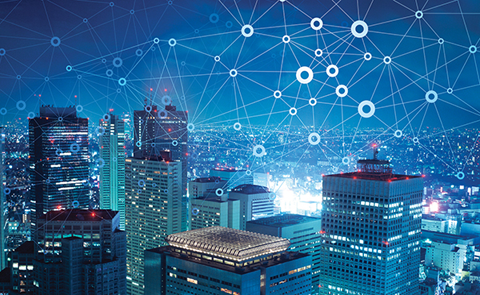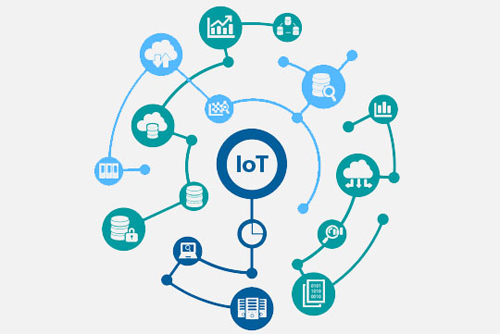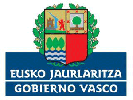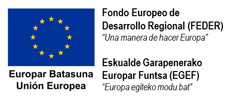IoT means "Internet of Things", a system of interrelated devices, machines and objects (cameras, different types of sensors ...) that are connected through networks and that use unique identifiers to exchange and analyze data in the cloud without requiring human interaction.
The rapid expansion of IoT devices creates opportunities to obtain information faster by connecting what is disconnected.
The Internet of Things (IoT) offers new ways to generate efficiencies, attract customers and develop new businesses with greater knowledge. Convert data into knowledge. Increase production uptime and reduce operational risks.
The Internet of things for industries allows you to collect and analyze data from connected assets, people and places to offer useful knowledge in an industrial environment. The IoT is not a single component plug and play product. It is an ecosystem of multi-vendor solutions, as varied as the environment in which it is implemented.
To design high-performance IoT projects, it is necessary to draw on the knowledge of experienced partners and experts from around the world, knowledge gathered in documented use cases and shared in a collaborative consortium.
Discover how to optimize industrial operations, improve business work spaces and connect devices in large areas:
Industrial IoT
The Internet of things for industries allows to collect and analyze data from people, assets and connected places to offer useful knowledge in an industrial environment, in order to increase production uptime and reduce operational risks.
Business IoT
Create personalized experiences in buildings and places with business IoT technology. Increase efficiency, commitment and innovation with intelligent spaces adapted to the needs of your customers and employees.
Wide area IoT
Connect and monetize the large amount of data generated by devices in large spaces. Wide-area IoT technology can expand to billions of devices and communicate stationary and moving objects, allowing smart cities, connected vehicles and precision agriculture.




































